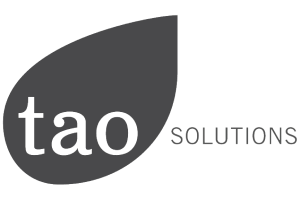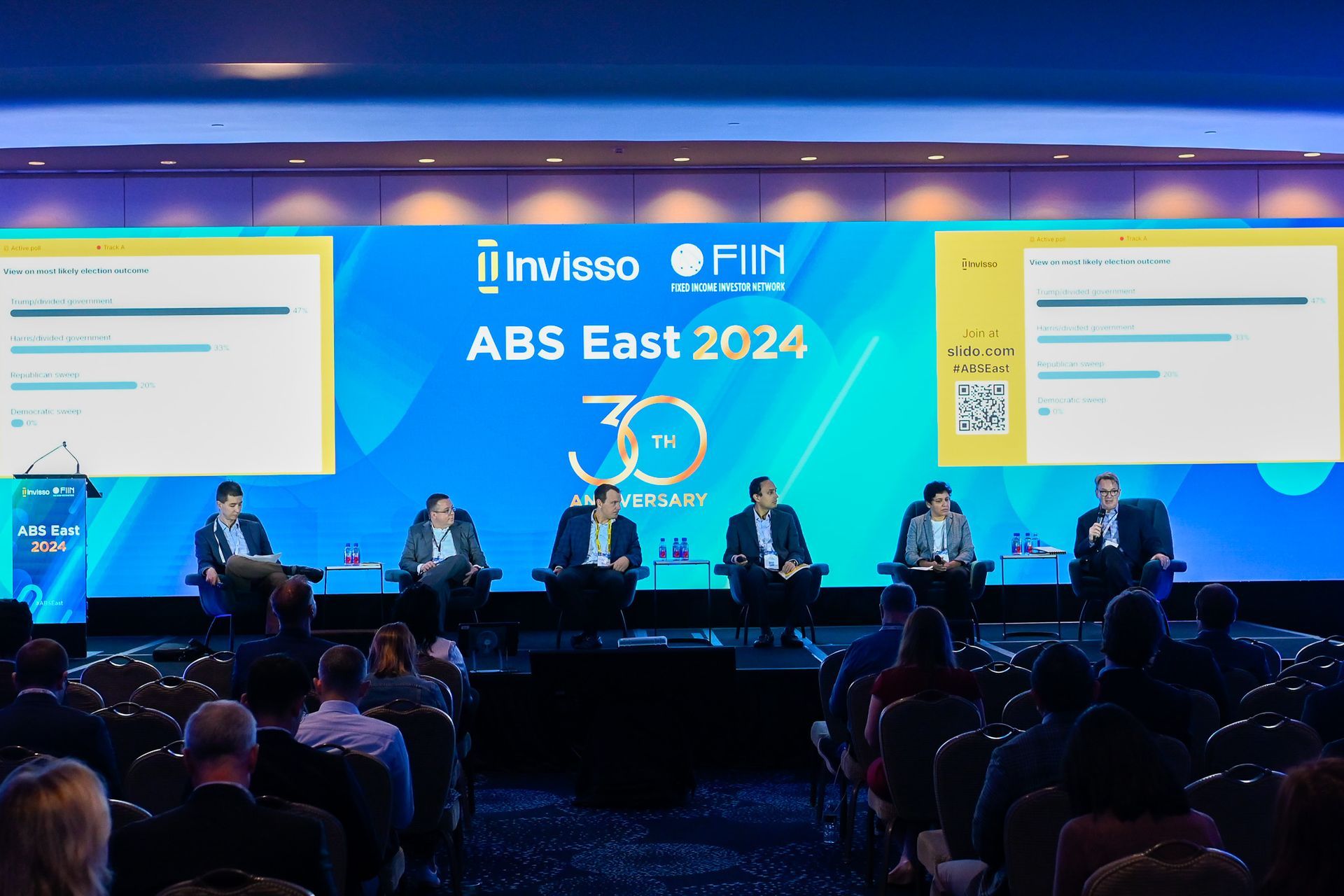Artificial Intelligence in Equipment Finance: Beyond Credit Decisioning
Equipment finance is evolving and so is its adoption of Artificial Intelligence (“AI”) and how it is being employed. When AI first came into Equipment finance, it was largely implemented for credit decisioning. But AI technology, while even more powerful than that, has been frustratingly slow to be adopted for broader applications in the industry. But, if you have been paying attention recently, AI is beginning to more significantly transform the industry across many functions, from not only credit decisioning but also all the way to the core operations of equipment finance.
Broadening AI Applications in Equipment Finance
AI is already infusing equipment finance in all aspects of daily operations, and we are only scratching the surface of its capabilities. For example, in underwriting and portfolio management, machine-learning models significantly enhance the ability to process thousands of lease agreements by identifying key terms and conditions, automating data entry and flagging errors. We are increasing our use of natural-language processing, which enhances the conversational language of customer communications as a tool for automating service operations. Predictive analytics are being used to forecast market conditions that affect lease terms and rates, helping those in the industry better react to market dynamics.

Enhanced Risk Assessment and Management
Another area where AI in equipment finance really shines is risk assessment and management. Traditional risk assessment models are based on static financial characteristics, and don’t predict defaults very well – if banks had used AI in the underwriting of real-estate loans in the months leading up to the financial crisis, few would have been approved that ultimately failed. But now AI can
identify patterns and trends in data sets, providing a more nuanced way of understanding risk. There are complex AI tools that effectively look at tenant reliability and rented asset value over time, factoring in variables such as demand in the market, the performance of the tenant’s business and even geopolitical moves by governments that might impact the viability of a lease.
Automation of Lease Administration and Management
AI is already making a huge impact in automating lease administration and management by performing key tasks such as contract management at scale, deciphering the entire leasing document, achieving market data linguistic or rule-extracted data structure, and executing the lease abstraction and document control. AI technologies not only make lease administration and management a more efficient operation while reducing risk, but they also reduce the potential for human error. AI technology is also used to manage lease terminations and renewals to predict the end-of-lease terms, thus reducing the lease renewal cycle complexity and ensuring that assets can be returned with reconditioning work conducted as time and cost-efficiently as possible.
Predictive Maintenance and Asset Management
Predictive maintenance is another promising area for AI in asset management. Sensors and other internet of things (IoT) devices embedded in leased equipment read and transmit vast amounts of data, allowing AI algorithms to analyze the information to determine whether the machine is likely to fail so that maintenance can be scheduled in advance. This optimized approach cuts both the total cost of ownership (i.e. lifetime costs) and costly downtime for operators. For example,
in a fleet of leased vehicles, AI can read data on engine performance and driving trends, and determine when it is due for servicing.
Future Trends and Innovations in AI for Equipment Finance
Going forward, it is likely that the use of AI in equipment finance will increase and further enhance lease management processes. For example, the application of deep learning and AI-empowered robotic process automation (RPA) technologies are anticipated to make the analysis of lease transactions more efficient and accurate (CPA Canada, 2019). As the technologies continue to mature, they will provide equipment finance professionals with enhanced capabilities to stay ahead of the competition with new and improved innovations.
Considering the level of importance in this area of business, it is prudent for professionals in this area to be knowledgeable of these advancements. These investments will assist their industries in readiness for future events, and also bring a huge competitive advantage, since businesses that integrate these AI tools will be more efficient and sustainable in the future. These businesses will be able to deliver their services in a highly optimized way based on insights generated through the help of these innovative AI products.
With this in mind, the team behind LeaseSpark at TAO Solutions has been busy evaluating and integrating AI capabilities into the product. Allowing lenders of all sizes to participate in the AI revolution, LeaseSpark has been designed with multiple use cases where AI such as machine learning, decision intelligence and robotic process automation are being implemented for use throughout the deal origination workflow of a deal, as well as the lease administration.
To conclude, this technology is not just an add-on to credit decisioning as it is at present; it’s a fundamental technology re-engineering this sector. It is, therefore, advisable that relevant players in this space are eager to integrate these innovations into their lease operations to keep the market competitive.
References:
CPA Canada. 2019. “Robotics Process Automation and Beyond”. CPA Canada.



Case Studies
InfoHUB
©2025 TAO Solutions
Terms & Conditions | Privacy Policy | SOC 2 | ISO | Gold MS Partner | Accessibility








